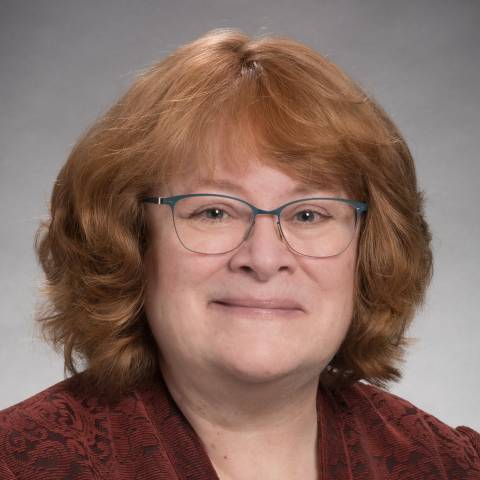
House Bill 2041: collaborative practice for experienced PAs
Role of PAs
Advanced practice providers, including nurse practitioners (NPs), physician assistants (PAs), certified registered nurse anesthetists (CRNAs), and certified nurse midwives (CNMs), are integral healthcare professionals in medical centers across the country.
PAs in particular are healthcare professionals who work in collaboration with physicians across multiple specialties. PAs graduate from post-baccalaureate training programs (approx. 3 years) consisting of didactics plus a minimum of 2,000 hours of clinical rotations. They also must pass certification and licensing requirements and many complete residencies in their specialty before practicing.
As members of the healthcare team, they perform various tasks, including conducting physical examinations, diagnosing illnesses, developing treatment plans, prescribing medications, and assisting in surgeries.
There are almost 200 PAs practicing at UW Medicine and PA teaching associates are academic faculty in many of the UW School of Medicine’s academic departments.
Shift toward collaboration
The overarching guidelines and regulations shaping the profession have been evolving as the role of PAs has moved toward a more collaborative relationship with physicians. Particularly during the pandemic, many medical centers experienced the benefits of expanding the role of PAs during a time of great need for healthcare providers – more PAs means improved access to care for more patients.
Maggie Walker, DMSc, PA-C, teaching associate (Gastroenterology), a PA in the UWMC Digestive Health Clinic Northwest, is part of a team that has worked to codify new changes to PA requirements and provisions in Washington state with House Bill 2041: Establishing Collaborative Practice for Experienced PAs.
Walker’s work, along with many other healthcare professionals and PAs throughout Washington, helped get this bill signed into law by Governor Inslee during the 2024 legislative session.
“All of us at the Washington Academy of Physician Assistants (WAPA) have been diligently working together with our lobbyist over several years to revise the language in the state laws so it more accurately reflects the role of a Physician Assistant (PA) in Washington State.” Walker said.
This bill is a step towards recognizing PAs along with, and at the same level as similarly trained professionals to better utilize PAs within the workforce and to increase patient’s access to care. Key components of the bill include parameters for removing barriers to employment and administrative burden for physician assistants.
For PAs with over 4000 hours of experience, the bill changes their practice requirement from a supervision agreement to a collaborative agreement with physicians. While both models include outlines of the PAs’ duties and scope of practice, a collaborative model is more aligned with team-based care. PAs are able to interact with, consult with, or refer to a physician or other appropriate members of the health care team as indicated by the patient’s condition, the education, experience, and competencies of the PA, and the standard of care.
Sidenote
So far, about 25 states have passed some version of collaborative practice for PAs.
The bill also reduces physician liability for actions taken by PAs, and for PAs who have 10 years or 20,000 hours of specialty experience, the bill allows the PAs to work outside the scope of their participating physician(s) if they continue to obtain CME in that specialty and they are working in a medically underserved or rural area.
Impact
House Bill 2041 recognizes the evolution of the role of the physician assistant practice, creates incentives for PA employment and reduces the administrative burden on employers.
Overall, the bill helps to expand the capacity for experienced PAs to practice in a variety of healthcare settings in Washington, improving access of care for patients and professional satisfaction for the PA workforce.
“This journey has been rewarding and increased my appreciation for the process, dedication and hard work that is necessary to promote change,” said Walker.